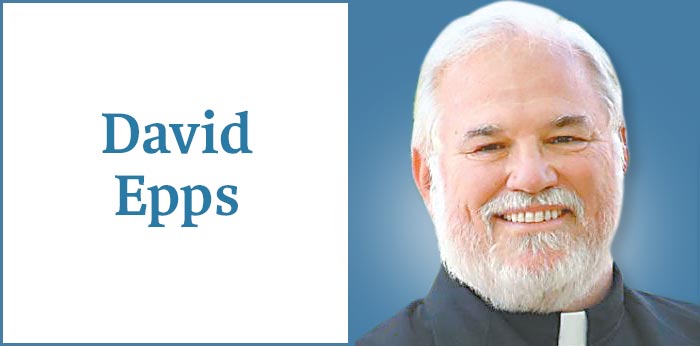It’s been a bit over 20 years since I visited Kenya and Uganda. I was fairly new, less than two years, in my new denomination, the Charismatic Episcopal Church, having served 19 years in the Assemblies of God.
The Assemblies of God is a strong missions-supporting denomination and, while our churches had always supported missionaries, I had never been to any mission field.
That all changed when my bishop, John W. Holloway, said, “I want you to go to Africa with me.” Actually there was a whole team going, but his request was personal.
I did not want to go. I had no ambition, no desire, to do so. That was my wife’s thing. Raised a Baptist, she saw missions as one of the higher callings. She would eventually serve on at least five teams (so far) to South America and Africa. Me? I loved the good old USA. If it ain’t broke, why fix it?
Nevertheless, my bishop had made a request and I had recently taken a series of vows, one of which was to “obey my bishop and all others in authority over me.” That pesky “vow” thing. Dang.
So it was that I found myself on a flight to Europe, to a change of planes, and on to Kenya and later to Uganda. As we landed in Entebbe in the deep dark of the African night (there were very few visible lights), I told myself, “Don’t think about home. Just see these next several weeks as an extended National Geographic TV program. Whatever works.
We traveled to Nairobi, the capital city, and it was only a few days earlier that the U.S. Embassy had been bombed by Osama bin Laden’s gang of murderers. 213 people were killed, most of them Kenyans, with some 4,000 injured.
The hole was still in the ground, flowers and photos of victims, in the thousands were on the barricade walls, and the hearts of Kenyans were terribly shattered. We held what was supposed to be a private memorial service on the site.
Locals noticed what we were doing and suddenly there were hundreds of citizens surrounding us trying to determine what we were doing. It was tense. A TV crew arrived. Finally, the crowd understood that we were praying specifically for the Kenyans, not the Americans, who had died or were injured and, touched, they silently participated. Someone later told us that the memorial service, short and simple as it was, was broadcast to the nation.
It was thought that Al Qaeda was still in the country and it was reported that there was a bounty on any American head. The FBI was there in strength although we didn’t interact. As we were the only white people anywhere around, we couldn’t be inconspicuous and it was easy to tell who was who.
We were in clerical collars and the feds were in safari shirts, had close cropped haircuts, kept grim faces, and all wore sunglasses. It was anybody’s guess as to who would be a favorite target — Christian priests or American law enforcement.
We hired armed guards to escort us everywhere and the vehicles were checked every morning for explosive devices. There was a terribly tense night when another priest and I, separated from the group, thought we were being specifically and presently targeted. We remained outwardly calm and deliberate but I was, frankly, terrified. The prospect of dying as a martyr didn’t trouble me nearly as much as the thought of how we would die at the hands of Jihadists.
We made some calls and were eventually picked up by one of the men hired as guards and the immediate threat passed. The dangers would not, however. But the best parts of the trip and the events that would help shape my thoughts, my viewpoints, my concepts of spirituality, and my life, still lay ahead.
To be continued.
[David Epps is the pastor of the Cathedral of Christ the King, 4881 Hwy. 34 E., Sharpsburg, GA between Newnan and Peachtree City (www.ctk.life). He is the bishop of the Charismatic Episcopal Diocese of the Mid-South which consists of Georgia and Tennessee. He may contacted at [email protected].]













Leave a Comment
You must be logged in to post a comment.